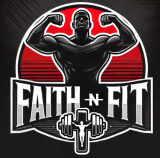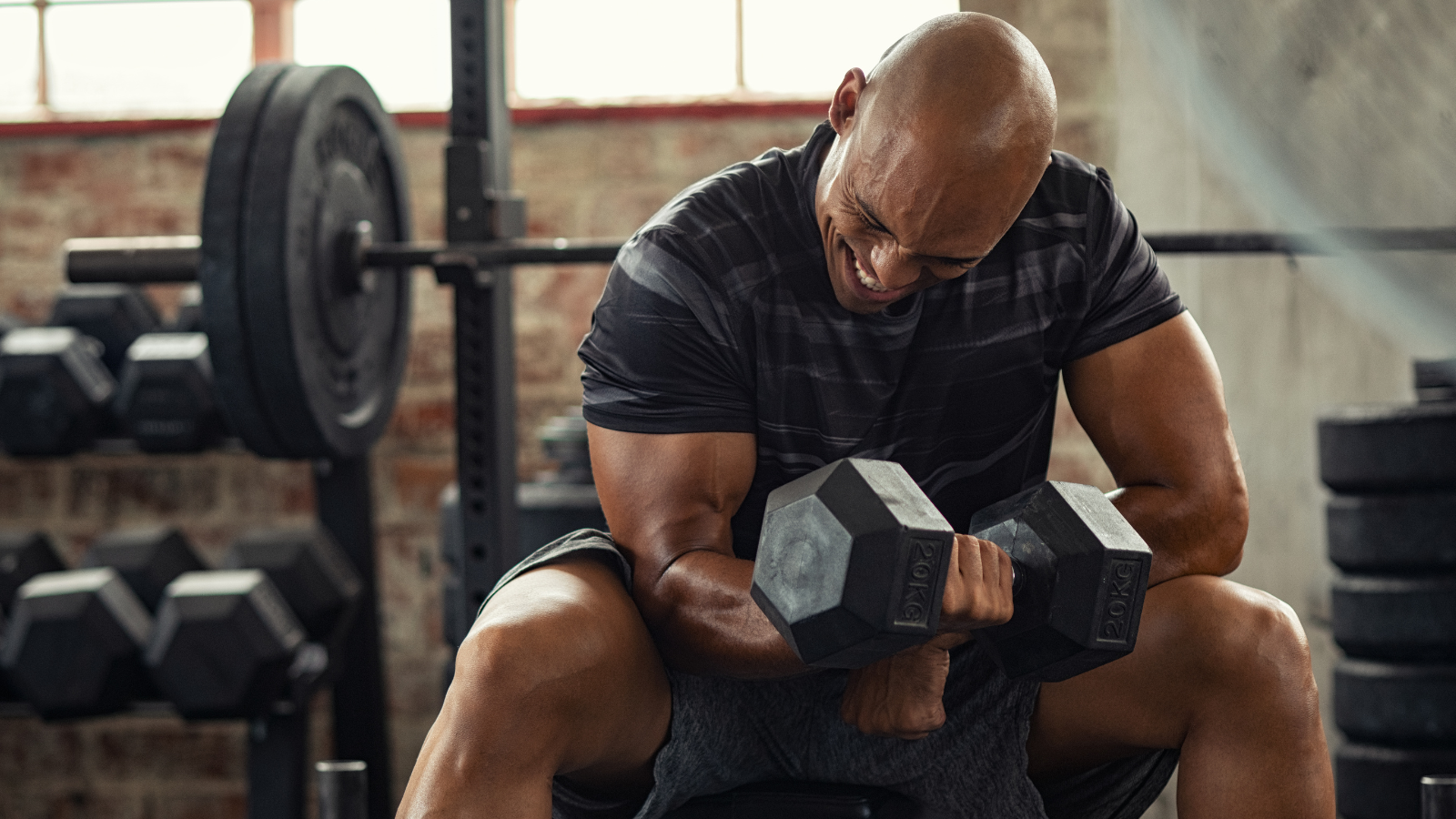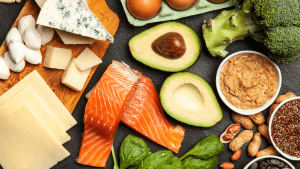Not everyone can hit the gym five or six days a week. That’s where a 3-day workout split comes in—especially for busy professionals, beginners, or those balancing fitness with family and work. With the right structure, a 3-day split can help you build serious muscle naturally without overtraining or burning out.
Consistency, intensity, and recovery are key. You don’t need more days—you need smarter programming.
What Is a 3-Day Workout Split?
A 3-day workout split divides your training across three sessions per week, targeting different muscle groups or movement patterns each day. The goal is to stimulate all major muscle groups, allow recovery, and progressively overload the muscles over time.
Common 3-day splits include:
- Push/Pull/Legs
- Full Body x 3
- Upper/Lower/Full Body
- Chest+Back / Legs / Shoulders+Arms
The split you choose should match your experience level, time availability, and recovery ability.
Why Train 3 Days a Week?
Natural lifters benefit from more recovery between sessions. Training three days per week allows:
- Full recovery between muscle groups
- High intensity each session
- Flexibility in schedule
- Sustainability for long-term consistency
- Less joint and central nervous system fatigue
The key to making it work is maximizing intensity and progression during each session.
Best 3-Day Workout Split for Natural Muscle Growth
Here’s a proven Push/Pull/Legs split optimized for natural lifters focused on hypertrophy.
Day 1 – Push (Chest, Shoulders, Triceps)
- Bench Press – 4 sets x 6–8 reps
- Overhead Press – 3 sets x 8–10 reps
- Incline Dumbbell Press – 3 sets x 10–12 reps
- Dumbbell Lateral Raise – 3 sets x 12–15 reps
- Overhead Triceps Extension – 3 sets x 12–15 reps
Day 2 – Pull (Back, Biceps, Rear Delts)
- Deadlift or Barbell Row – 4 sets x 6–8 reps
- Lat Pulldown – 3 sets x 8–10 reps
- Seated Cable Row – 3 sets x 10–12 reps
- Rear Delt Fly – 3 sets x 15 reps
- Dumbbell Curl – 3 sets x 12 reps
Day 3 – Legs (Quads, Glutes, Hamstrings, Calves)
- Barbell Squat – 4 sets x 6–8 reps
- Romanian Deadlift – 3 sets x 10 reps
- Walking Lunges – 3 sets x 12 reps/leg
- Leg Curl – 3 sets x 12–15 reps
- Calf Raises – 3 sets x 15–20 reps
Rest days can be spaced between sessions:
Example: Monday – Wednesday – Friday, or Tuesday – Thursday – Saturday
How to Progress on a 3-Day Split
Progressive overload is the cornerstone of muscle growth. Whether you train 3 or 6 days per week, your goal is to challenge your muscles more over time.
Ways to apply progressive overload:
- Increase reps each week within your target range
- Add small increments of weight (2.5–5 lbs)
- Reduce rest time slightly
- Improve form or range of motion
- Add a set if recovery allows
Track your lifts weekly to measure progress.
Nutrition Tips for Natural Muscle Growth
Training three days per week still demands strong nutritional support. Prioritize:
- Protein: 0.8–1g per pound of bodyweight
- Carbs: For training fuel and glycogen replenishment
- Fats: For hormones and recovery
- Hydration: Aim for half your bodyweight in ounces per day
Eat a small protein-and-carb meal 60–90 minutes before training, and refuel post-workout with a similar macronutrient ratio.
Recovery and Rest Days
Rest days are not wasted days—they’re when muscle repair and growth actually happen.
- Aim for 7–9 hours of sleep
- Stretch or walk on off days to aid recovery
- Use rest days to focus on nutrition, mindset, and life balance
Less can be more—especially for natural lifters who need time to rebuild.
Who Is a 3-Day Split Best For?
- Busy professionals
- Parents or caretakers
- Beginners or intermediate lifters
- Lifters over 35 needing more joint recovery
- Anyone focused on sustainability over time
The 3-day split proves that intensity and consistency trump frequency alone.
Key Takeaways
- A 3-day workout split can build serious muscle with the right structure and intensity
- Use compound lifts, progressive overload, and sufficient rest to maximize gains
- Nutrition and recovery are just as important as the workouts themselves
- Ideal for busy lifters who want results without living in the gym
- It’s not about doing more—it’s about doing better
Read Next…
- Keto vs Low Carb for Muscle Building: What’s the Real Difference?
- Overhead Press vs Lateral Raises: Which Builds Broader Shoulders?
- Top Natural Remedies to Reduce Face Puffiness After Workouts
- 5 Easy High-Protein Snacks for Muscle Recovery on Busy Days
- Cold Water Face Therapy: Benefits for Skin, Stress & Recovery
Subscribe now and get a 14-day free trial workout app for iPhone users.





